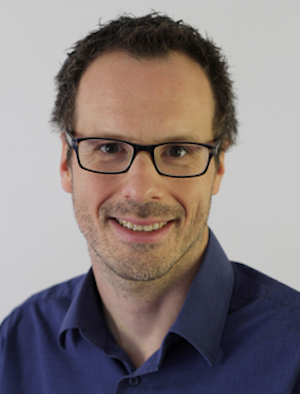By Pita Ligaiula in Suva
What are the views of Pacific journalists on professional ethical issues and what pressures affect their work? What is the age, experience, qualifications and gender breakdown of the Pacific journalist corps?
These crucial questions are addressed in a recently published research carried out by the University of the South Pacific (USP).
Published in the latest Pacific Journalism Review, the research investigates the journalism culture in the Pacific Islands, with the findings offering insights into possible remedial methods and future directions.
“Watchdogs under Pressure: Pacific Islands Journalists’ Demographic Profiles and Professional Views” is based on a comprehensive survey providing an update on the demographic profiles, professional views, role conceptions, and perceived influence of more than 200 Pacific Islands journalists in nine USP member countries — Cook Islands, Fiji, Marshall Islands, Nauru, Samoa, Solomon Islands, Tonga, Tuvalu and Vanuatu.
Associate Professor in Pacific Journalism Shailendra Singh at the School of Pacific Arts, Communication, and Education (SPACE) co-authored the paper with Professor Folker Hanusch from the University of Vienna, who is also an international expert on world journalism cultures.
Dr Singh said that while global scholarship on journalists’ professional views had expanded tremendously in recent decades, the Pacific remained a blind spot. For example, the Pacific was not featured in the Worlds of Journalism Study on 76 countries, perhaps the most ambitious undertaking in the field.
He said that USP had financed this critical research in its member countries as journalists provide a valuable public service in the region.
Impact of journalists’ health
“Journalists’ health has an impact on the health of journalism, and journalism’s health has an impact on the health of the countries in the region. As a result, it is incumbent upon us to conduct due diligence on our journalists, on whom we rely for information in making vital judgments,” Dr Singh added.

“Through such research, we find out many things including the challenges they face.”
He discussed how the data could be used to support media organisations and national governments make better policy decisions.
“Our survey found an improvement in education and experience levels in the current cohort of journalists, compared to 30 years ago, but we are still lagging at the international level. This data may persuade governments, universities, and international donors to provide more fellowships and scholarships to build on the improvements of the last 30 years,” Dr Singh said.
The study also found a parity in female and male journalists overall. However, male journalists tended to hold senior editorial positions, implying that most females required help in obtaining more senior positions in media organisations.
He emphasised the report provided an enhanced understanding of the journalism culture in the Pacific Islands to media organisations, governments, civil society organisations, and aid donors.
“In the face of imminent concerns like climate change, this work can be used to identify future paths and remedial measures,” Dr Singh said.
Fieldwork team
“He acknowledged USP’s journalism teaching assistants Geraldine Panapasa and Eliki Drugunalevu for helping out in the fieldwork, as well as the USP Research Office, for sponsoring the study, along with USP as a whole for supporting the journalism programme. He also praised Professor Pal Ahluwalia, USP vice-chancellor and president (VCP), for his vision, which placed a high value on journalism.
“As well as our co-funders, the US Embassy in Fiji and the Pacific Media Centre in Auckland, New Zealand. Special thanks to Professor David Robie, the former USP journalism coordinator and founding editor of Pacific Journalism Review for publishing our work,” Dr Singh added.
Professor Ahluwalia praised the team’s joint work in publishing this study and commended them on the study’s “astounding” findings.
He stressed that journalists played a significant role in the Pacific and that the concerns identified in the report must be addressed.
“We are required to look after their well-being and look into the issues they are encountering,” the VCP added.
Acting deputy vice-chancellor education Professor Jito Vanualailai congratulated Dr Singh and the team for the excellent paper.
He expressed his desire to see more comprehensive studies in the future, which he believed would help the Pacific region.
Republished with permission.
This content originally appeared on Asia Pacific Report and was authored by APR editor.